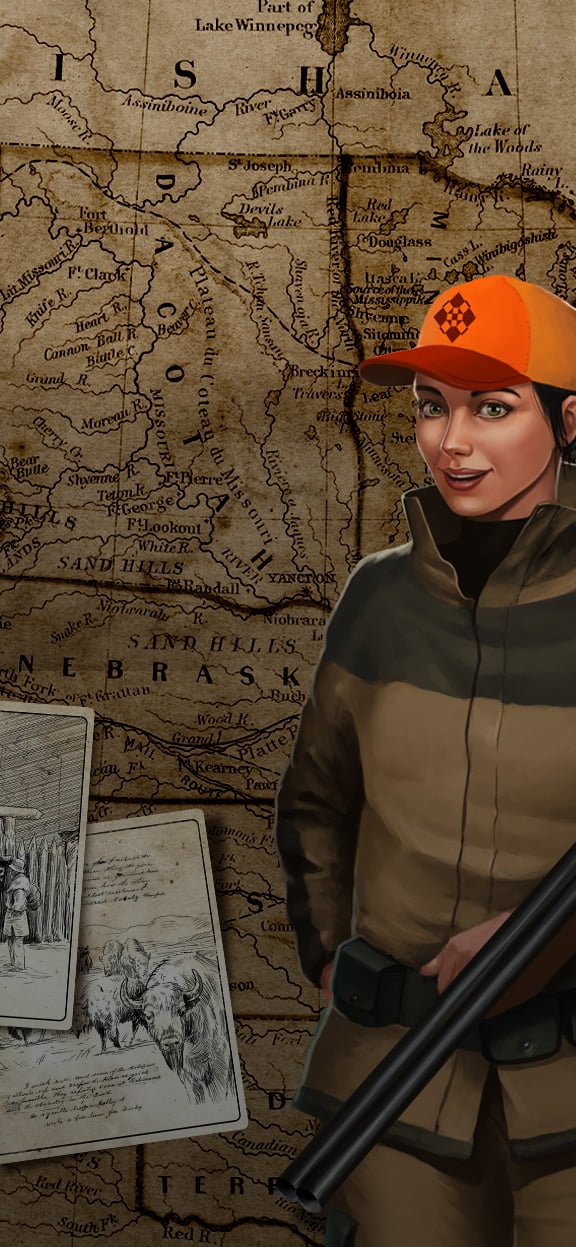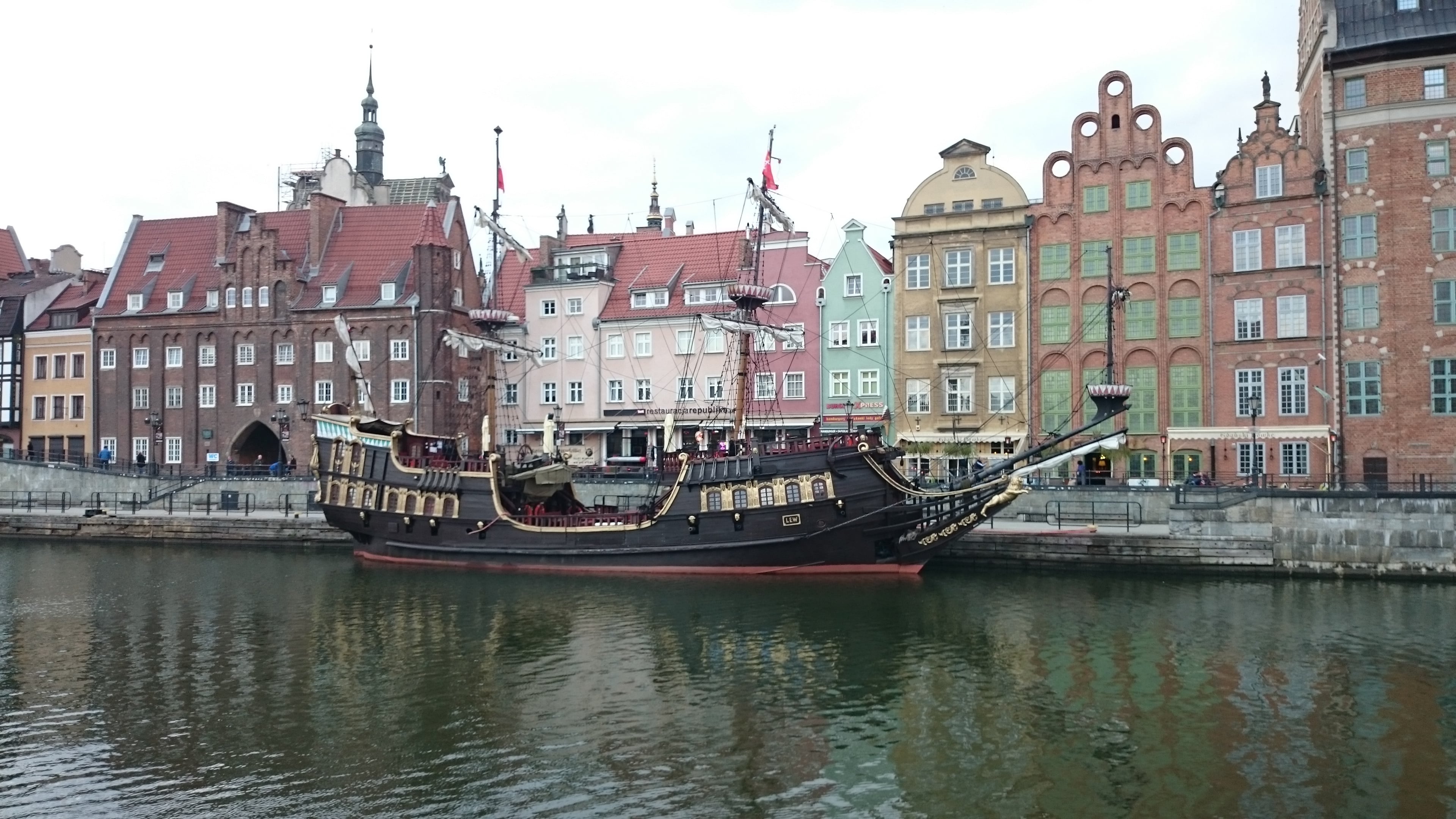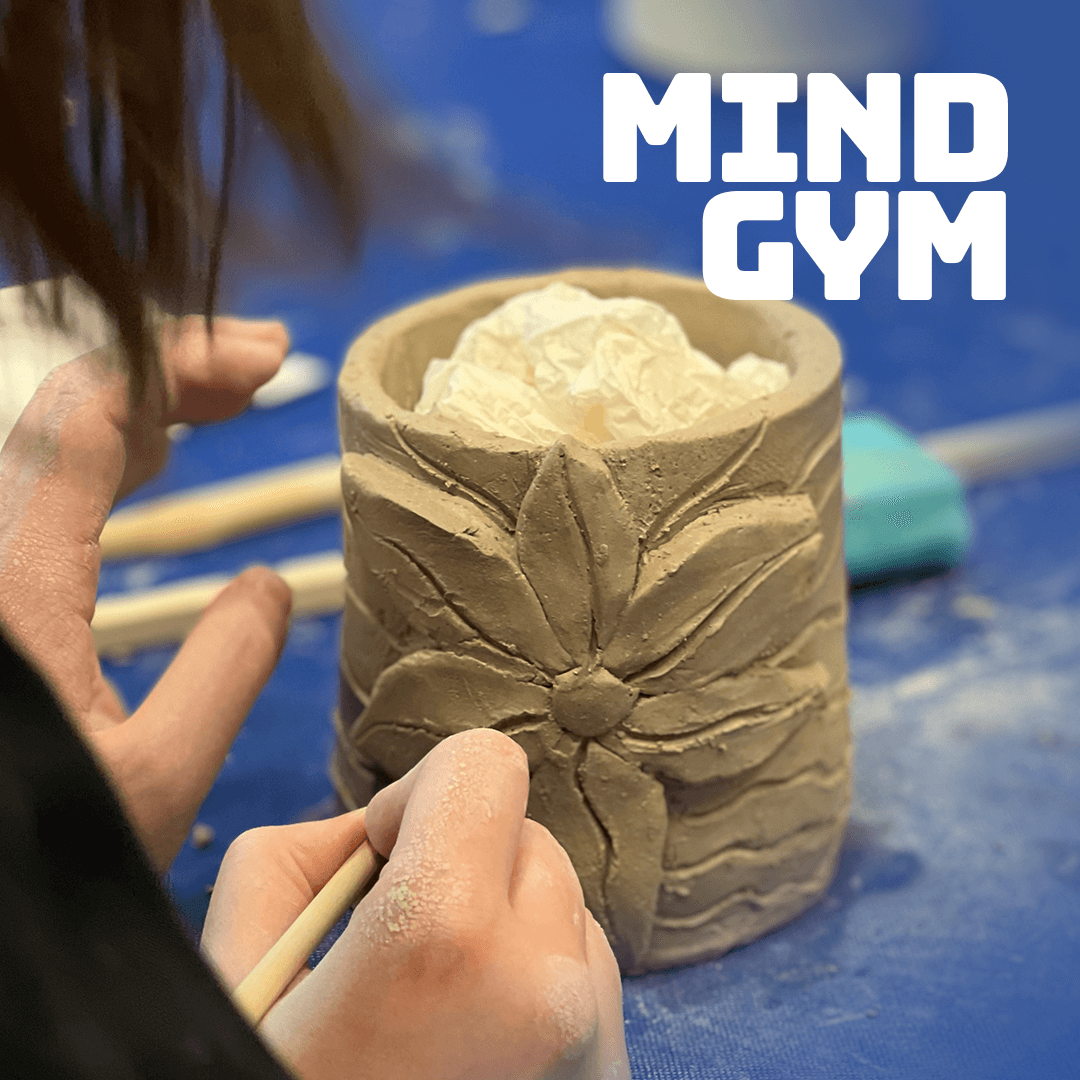




It’s a hard time for all of us. It’s also a time to get organized, reevaluate goals and adjust the action strategy. It’s a time during which we not only have to face long-distance problems, such as broken or incomplete equipment, but also the distance that separates us and the time of reaction. Teams’ everyday work has become a challenge as until now they had their team mates at their fingertips. But a challenge is something that lets us keep learning. Absolutely and unconditionally. This is what we stick to at TSG.
The end of February and beginning of March was a time of growing anxiety connected with the situation in Europe. We followed the incoming information and predictions with great attention. Even though there was no official information about closing offices, it was clear to us that providing our employees with safety is our top priority. We had to act quickly and decisively. The first step was changing work mode – from in-house to full remote. We decided to do that at the beginning of March. Within a few days, we reorganized the whole working system to make it possible to move the whole company, each and every employee, to their homes. It was necessary to move some resources into the cloud while keeping all data protected. Sharing company VPN (thanks to which an employee can connect to the company cloud) and buying the extra necessary equipment – the administration team made the grade and took care of all employees having everything they need when working from home. Thanks to that, many of us didn’t see any difference in the work organization – this was our measure of success.
Leaders had to face huge responsibility in terms of reorganizing some procedures. It was connected with changes in the availability of some team members due to household responsibilities that arose from the closing of nurseries, preschools, and schools. Communication on meetings and standups had to be adjusted, as well as dividing tasks and their organization so that team members could work at a different, convenient time of day. The company is primarily people – nowadays, the empathic approach is a litmus test of true organization culture. Thanks to previously worked-out mechanisms, friendly approach, we smoothly transferred to the new work model while maintaining the same efficiency and the highest possible comfort in the current conditions for our employees.
One of the main challenges that companies, including us, had to face during the pandemics, is the recruitment process. Here, when we were still in the office, we transferred a huge part of the process into the remote module overnight. It turned out that we were able to verify candidates effectively on videoconferences, and our potential employees also appreciated the possibility of contacting us online and minimizing the risk when going out. Because of that, this part of the process wasn’t a challenge after we transferred to the home office mode. But as the economy was being frozen and many companies struggled, we encountered the candidates’ fears and dilemmas related to changing a job. That’s why at every stage of the recruitment process, we underline the stability of our company and the good situation of the industry. We reassure and inform our candidates about actions undertaken by us as an employer to dispel any doubts and guarantee that they can think about their career with us with confidence. Unfortunately, in the beginning, we faced a few situations when valuable candidates decided to refrain from changing a job in this uneasy time. But with time, we noticed there were fewer and fewer of such cases. The last stage of the recruitment process is onboarding. All we did so far had to be changed. We prepared a lot of presentations to fully and smoothly induce new employees into the culture of the organization and work model. Induction included meetings with different people – keeping the company tradition of a meet-and-greet with the board, which is always a great event and nice surprise to the newcomers. We’d discussed the induction with the new employees before they joined the company and they also received an e-mail with all the necessary instructions on their first day. A lot of things that usually happened spontaneously had to be named, described and planned, because they wouldn’t happen in the home office reality without a proper preparation. First coffee, introducing teams, showing our games and a simple, but very important presentation of who is who or whom to ask for help. We did a great job of assigning a buddy to each new employee, a colleague who would help when taking the first steps in the company. It was also significant for us to keep the company’s atmosphere. In the company’s tradition, on the first day, new employees are shown around the company to say hello to everyone and eat some sweets. We tried to transfer this tradition to the home office reality. We prepared a virtual name card with the waving hands of our employees, and each new person received a voucher for a sweet treat at a local (Wrocław or Warsaw) confectionery. Of course, we could buy chocolates and send them to the new employees on the first day. But first, we want to support small local businesses, and secondly, we considered that not everyone would want to receive a courier with a package, so the vouchers have very long validity.
Remote onboarding was a real surprise – everything was ready right down to a T! The meetings went smoothly as planned. I think the process was even less stressful than on the first day in the office. First days were crazy, and it took me a while before I got accustomed to the team’s methods of work, but I had wonderful people around. The team was the best – they answered all my questions. But let’s not forget about the atmosphere in the company; it was the greatest surprise. I could feel it already at the interview, but it turned out to be even warmer in practice. And the sweet meeting… you know how to steal my heart! – adds Aleksandra, Graphic Designer.
Over 40 talented people joined us in March, April and May. Their onboarding and induction processes turned out to be effective and satisfactory. This way, our “small” family grew a bit and now has over 250 specialists.
Communication and sharing knowledge about projects and plans are always essential to provide a healthy work environment. That’s why we send our employees a quarterly newsletter with the most critical issues, changes in projects, things that went well or wrong. And once every six months, our board encourages the whole company to speak. They sit on a couch (hence the name – couch talk) and talk about development plans, as well as answer every employee’s question. Nowadays, when we are scattered across 250 home offices, the aspect of sharing information has become extremely important. As time passed, we realized that it would be necessary to organize such a meeting remotely. To ensure the best possible conditions for everyone, we decided that the conference will be held in Polish and will be simultaneously translated into English for our English-speaking employees. However, this simple plan turned out to be a complicated technical undertaking: 1 presentation, 18 remotely-switched presenters, two parallel transmissions, one of which has a voice-over translation and Q&A platform. Many things could have gone wrong, but in the end, everything went smoothly. And instead of one couch, we’ve done a real coach-talk on 250 couches!
As a conscious employer, we keep a close eye on the behavior and well-being of our employees. Some of us spend a lot of time in isolation, away from relatives, family or friends. Uncertainty and fear of getting sick are still growing. Many problems are arising, such as job cuts, redundancies, loss of income in family businesses. Moreover, staying-at-home also means dealing with childcare responsibilities and having a conference call with a child crying in the background can be extremely stressful. All of these things could result in their malaise, fatigue, and even depression. Therefore, we felt that we should provide psychological support to the employees, by arranging free consultations with a psychologist.
Leaders and team members’ friendly relations resulted in organizing relaxing and stretching activities helping release the tensions that have arisen during the many hours spent at well-adapted home workstations. Exclusive streams are conducted by the Puma sports center in Wrocław for our employees.
However, in all this chaos, we didn’t forget about the company traditions that took place “when everything was normal”. The situation requires extraordinary actions, so our meetings look a little different than usual. Since we can’t meet in the company kitchen and simply talk, team leaders initiated social gatherings through a video conference. Even the meeting format has changed, but we always try to stay positive at coffee-calls while playing charades or sending dinner coupons to the employees. Eating lunch together isn’t only one of the best company traditions; it is also a time to talk about various topics not related to work. At such uncertain times, it is fundamental to ensure high morale among team members and make sure that our employees feel that they are a part of something bigger. We believe that as a result, the employees will be able to cope better in such circumstances.
That’s still not all we do. Every day, we witness different companies struggle with financial problems and organizations are asking for help. COVID-19 is not only the number of cases but also financial losses and massive job cuts in big companies. We decided to act quickly! We started supporting organizations and hospitals, but also local businesses which we’d cooperated with. Additionally, after a few conversations with our employees, a part of the company’s pooled funds was given to support companies close to our employees (often run by members of their families). As it turned out, such a simple act meant a lot to our employees.
And it’s so nice to see how “good brings more good”. Our employees have always been the foundation of our company. A group of our experts decided that quarantine was a good time to help others – they decided to conduct programming, drawing, and design classes in their free time. Officially, since the beginning of April, we’ve been sharing our knowledge under the name of TSG Class. The project aims at showing the game world from the inside and inspires all those interested in game dev.
We try to find ourselves in the new reality. We try to predict different scenarios and take them all into account. We’ll undoubtedly be surprised by a lot more, but we know that we are capable of undertaking the most difficult tasks. Well, and here we are. As it is written in our TSG values, “Get used to CHANGES”.
We’re thinking about returning to the office – keep your fingers crossed so that we can get back to our normal lives as soon as possible!

Read the article about our history that appeared in Spidersweb.pl on 30th of September 2021. Things are…
read more
This year once again we visited Gdańsk to attend Social Media Convent, an annual conference…
read more
Mental health challenges have been on the rise ever since the pandemic started and are…
read more
Marketing Partnership will Bring Real-Life MLF Tournament to Fishing Clash, which is Played by 80…
read more